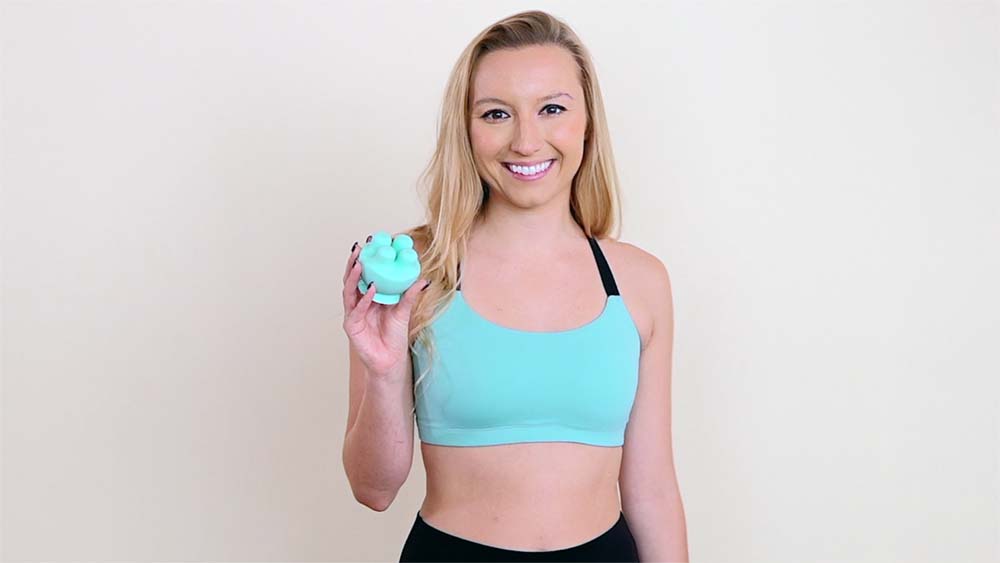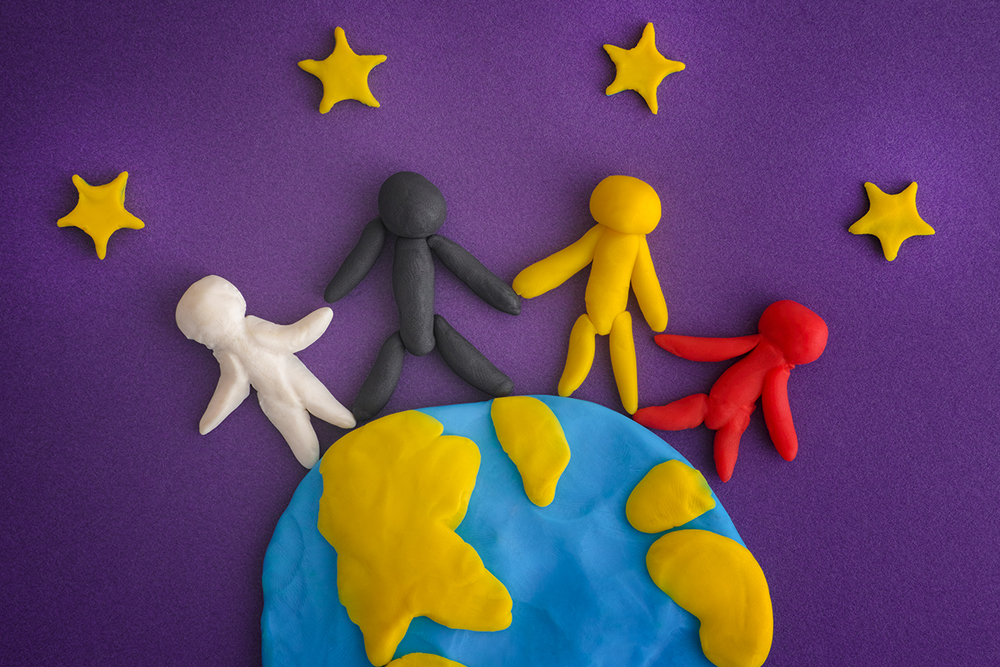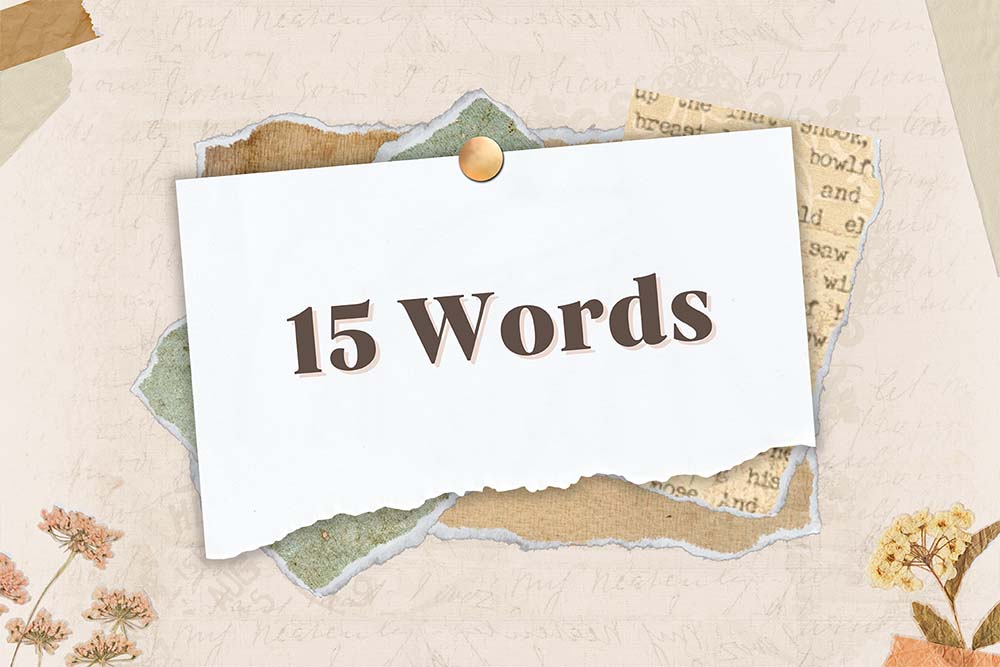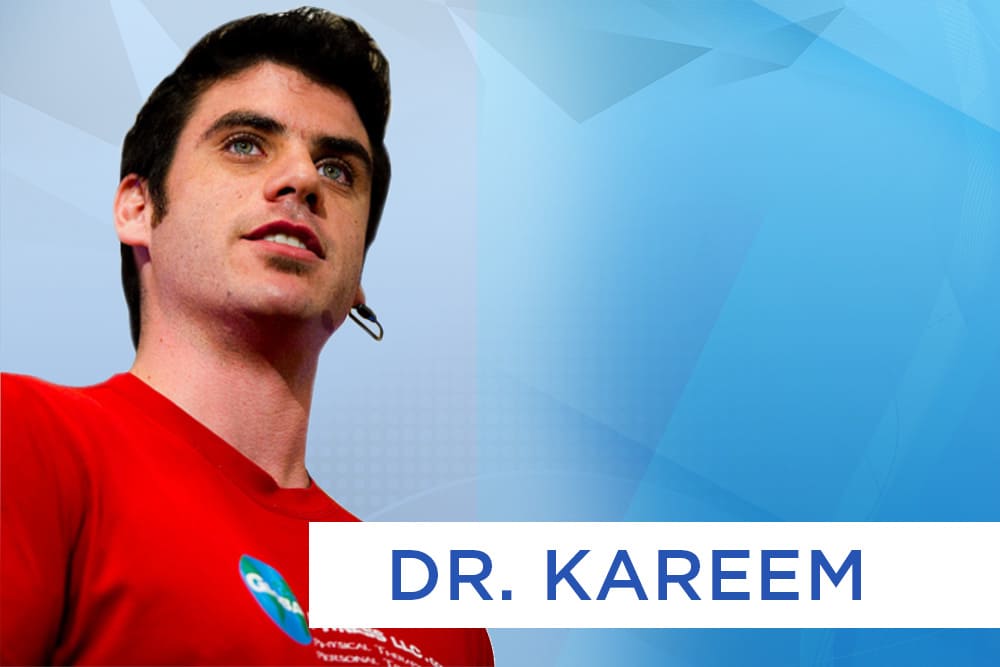Is it necessary to feel ‘guilty’ in order to apologize?
I don’t think so. Sometimes, apologizing is a matter of righting ship. In other words, without words or feelings exchanged after something left a mark, momentum tends to continue in the direction it was going.
Please allow me to give you an example: over the course of my life, I’ve judged people, mistreated them, been unkind, and/or severed relationships. I don’t say this proudly, but factually.
Whether this was a past romantic relationship, a friendship, or a business relationship, I was of the belief that ‘once burnt, never trust again’. Yet, with this philosophy, it means there is no such thing as a second chance. Can you imagine the pressure to perform if you felt you could never mess up, or no one would — or should — give you a second chance?
The pressure, alone, would create mistakes. The sense of overwhelm would change how you act, how you treat others, and what comes next; at least that was true for me.
So, I’ve learned the art of apology, no matter how much time has passed.
- If I thought it was uncool to keep dating someone because I was headed off to college and supposed to ‘play the game’, I mistreated a lovely person.
- If I noticed someone falling for me that had some annoying traits, I pushed them away instead of cordially evolved and supported them through the transition.
- If a friend acted in a way that I felt betrayed, I stopped speaking to him.
- If a business mate acted selfishly — for his own financial gain and protection — I took this as a judgment of his integrity forevermore.
- Even inside my marriage, if my wife showed an error in judgment that went against a promise, I felt this had lifelong implications on the character of the person I had married.
Yet, I’ve learned through time it was ‘I’ who was wrong. It was me who showed the error in judgment by generalizing, instead of taking each instance on a case-by-case basis.
So, I’ve learned to apologize for judging others. Sometimes, feeling judged is worse than anything else. And without an apology, this person may continue to feel judged for life. I think of it like the TV show DuckTales, where the dark cloud seemed to follow Scrooge McDuck and strike him with lightning everywhere he went.
By leaving someone with the impression you don’t trust them — and you never will — you are using an intimate relationship for harm. This person trusts you, trusts your opinion, and trusts the judgment you cast upon them; sure, they can get over it in time and rationalize it’s ‘you’ who was wrong, and not them, but that’s not easy to do.
Instead, by apologizing and realizing something triggered ‘in you’ to have felt this way, rather than what s/he did, you are owning your role of responsibility. You are bound to grow, and you are less likely to experience similar situations in the future. You are learning your lesson and freeing them, at the same time.
So, next time you think of a person, place, or situation that makes you feel upset, consider how it might ultimately be your responsibility, instead of anyone or anything else’s. Consider how an apology may create freedom for the other person, and at the very least, will create freedom for you.
Don’t get me wrong; I’ve always apologized for small stuff, or even larger things I deemed to be my errors. I used to avoid apologizing for judging other people for their errors or mistakes. I would sever ties, and this would be a larger mistake than anything they did.
I’ve learned it’s not my job to ‘fix’ everyone, and that we are humans, which means we are bound to make mistakes. And when others make mistakes, the greatest act of kindness we can show is understanding: compassion. If we forget, it’s important we apologize, so they can move past their own mistakes and also forgive us for ours.
Please allow me to ask you a question: which life do you prefer: a life that gives you a fresh start every second of every day or a life that judges you on a mistake in judgment for the rest of your life?

When someone isn’t ready to own their feelings and view of themselves — and they are instead influenced by you — please honor how important you are in his or her life. Take responsibility for your role, be grateful, and honor them. Over time, you can work with your friend — or lover — to help them feel great independently.
Sent to you with love, compassion, and gratitude,


About Author
Dr. Kareem Samhouri
Dr. Kareem Samhour is known as (perhaps) the best Doctor of Physical Therapy & Kinesiologist on the internet. People come to him for results when other methods fail, injury gets in the way, or health situation is more complicated. Dr. Kareem Samhouri exercising In fact, he and his companies reach a combined total of 1.5 MILLION people on a daily basis to help them with their health. If you ever saw Dr. Kareem on the street and mentioned something was going on with your health, however, he would volunteer and offer to help you for free... that's the Dr. Kareem way.







